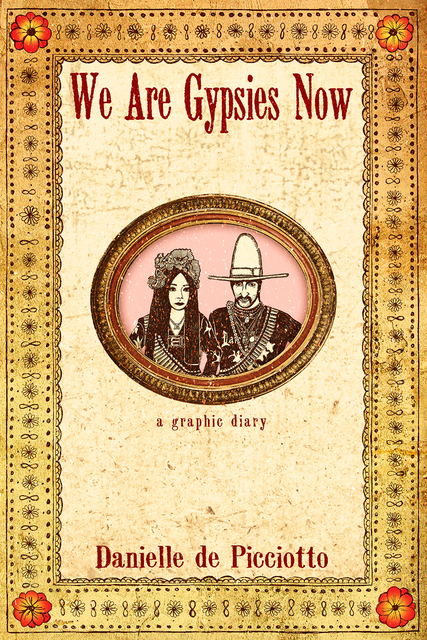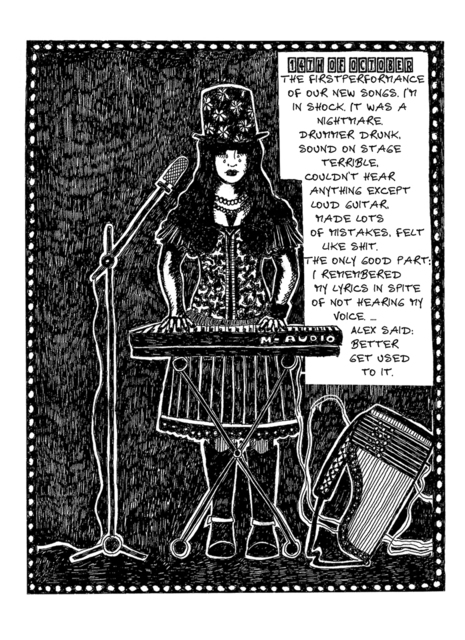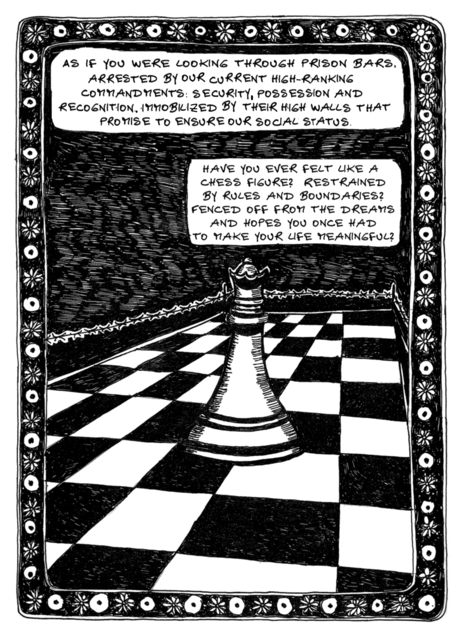Rock Reads: We Are Gypsies Now
Picciotto Book Explores Boundless Experience



Latest Article|September 3, 2020|Free
::Making Grown Men Cry Since 1992


